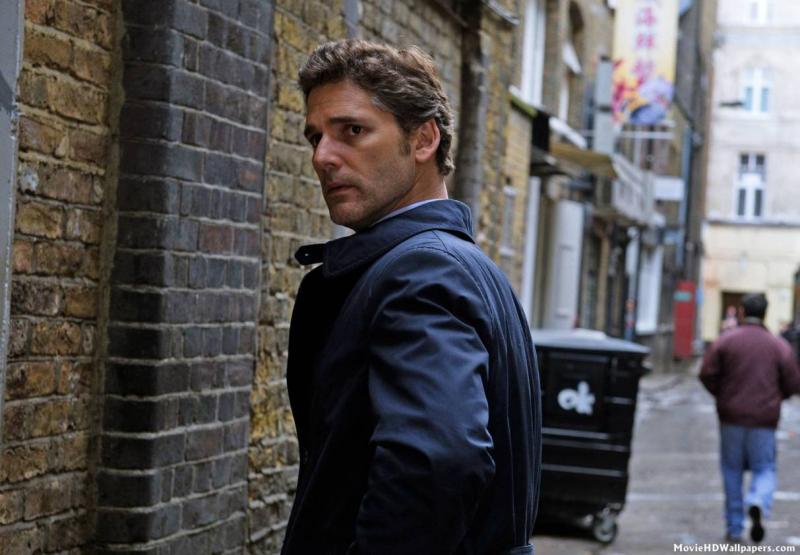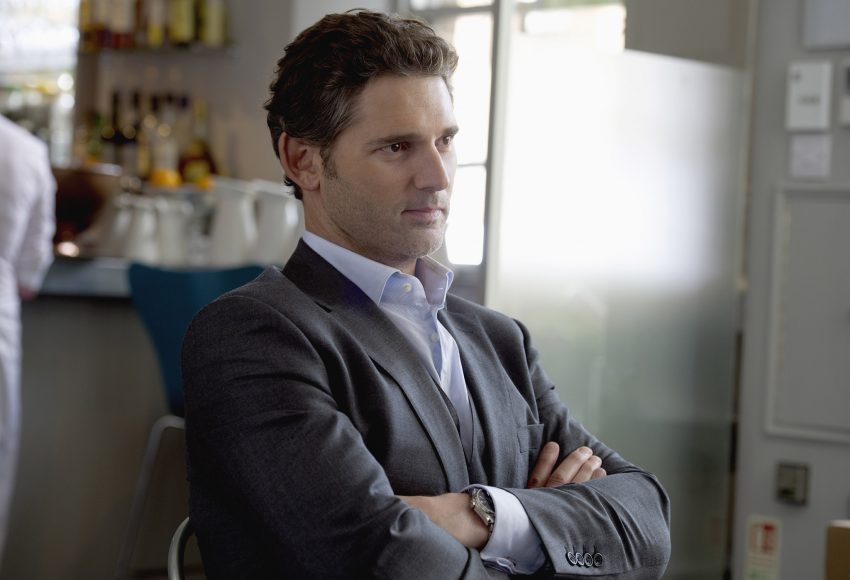Circuit is a 2001 gay-themed independent film set in the world of gay circuit parties.
Opening seven days after Bradley Manning’s condemnation in the U.S., where critical segments of the case were held covertly to safeguard public safety, the British court thrill ride “Shut Circuit” challenges the legitimacy of arrangements that safeguard key proof from public examination. Since the actual point isn’t particularly hot, screenwriter Steven Knight concocts a plot where a couple of guard legal advisors who were once a couple end up on inverse sides of the mystery partition, infusing heartfelt interest into this smooth, more brilliant than-regular trick yarn – a pre-fall counter-developer for the individuals who favor mind feeling to having their eyeballs and eardrums Layout pounded.

The gamble of engaging the crowd’s insight is that they’ll be adequately shrewd to see through the sensible holes executed en route, and “Shut Circuit” presents a few quite enormous ones, figuring out how to be nobly resentful about the treatment of a high-profile illegal intimidation case while helpfully permitting its legends to disrupt the norms Tripack.
At the point when a truck detonates in London’s clamoring Borough Market, specialists are quick in capturing Farroukh Erdogan (Denis Moschitto), the man they blame for planning the fear-based oppressor assault. To attempt his case, the court should consider proof so delicate, even the litigant isn’t permitted to hear it. In such strange circumstances, the charged is qualified for two separate legal counselors, one to attempt his case in broad daylight, and the other to fill in as extraordinary promoter during the shut bits of the preliminary.
In performing such a case, Knight rapidly clarifies how troublesome it is for somebody to shield himself under such conditions. All things considered, it’s difficult for the film to take the ethical key position when it requests that crowds acknowledge a moral slip by straight out of the door in the interest of the “heroes,” protection lawyers Martin Rose (Eric Bana) and Claudia Simmons-Howe (Rebecca Hall), attributable to a past relationship that undermines their capacity to cease from sharing data for a situation that requests precisely that. Layout
Rather than recusing themselves on moral grounds, they let their self-images get the better of them. Rose strides in after the surprising self-destruction (or was it?) of his legitimate tutor regardless of his association with the unique promoter – a choice that permits specific Powers That Be to control him not too far off. “Shut Circuit” has a place with that practice of neurotic political spine chiller exemplified by 1985’s “Edge of Darkness” and incalculable American pics where shadowy government powers will persevere relentlessly to veil their own defilement. It’s an intriguing sort, yet one in which substantial institutional reactions will more often than not become mixed up in the general feeling of panic. “Shut Circuit” is no special case, its title is intended to raise caution over both the treachery of shut trials and the utilization of close pervasive observation innovation all through London.
Undercover reconnaissance is additionally calculated intensely in screenwriter Knight’s new element coordinating introduction, “Reclamation,” in which cameras followed the whereabouts of Jason Statham’s unhinged man-on-the-run. Here, chief John Crowley (“Intermission”) enhances the feeling that London has turned into a police state by habitually moving between the film’s own all-knowing perspective (show crowds promptly acknowledge) and film lifted from surveillance cameras in and out of town, which feels dreadful by examination since we don’t have any idea who’s watching or the way that they’re utilizing it.
Unexpectedly, however, such attacks on security will quite often disturb normal residents, conditions like the demonstrations of psychological oppression portrayed in “Shut Circuit” actually legitimize such strategies, which, as found right after this spring’s Boston Marathon bombarding, significantly speed up specialists’ capacity to capture think. For the film, it’s straightforward why the public authority would be persuaded to look for a hurried conviction for the terrible mass homicide whose hyper-classy portrayal – a security framework of the casualties to-be, trailed by a super wide shot from across London of a haze of smoke rising where the market once stood – verges on dullness.
There’s no correct method for delivering such occasions, and this one looks like the MI5 strike in the year before’s “Skyfall” – just MI5 addresses the core of the defilement here, instead of the chivalrous element that society licenses to twist the guidelines for their own insurance. All things considered, nobody needs to see legal advisors as exquisite as Bana and Hall snuffed just for going about their responsibilities, in particular themselves, and their third upright break (in the wake of taking the case and sharing grouped proof) is their readiness to deal with MI5 at their client’s cost the moment their own lives are compromised.
Between Knight’s nuanced script and Crowley’s agile bearing, such inconsistencies shouldn’t occupy crowds much from the prompt rushes of this rigid classification work out, which addresses a style of conspiratorial no one successes narrating only here and there seen since the times of “Protection of the Realm” and “No chance to Get Out.” “Shut Circuit” acquires its steely look from such pics, utilizing a clear mix of handheld camerawork and tight altering to refresh the format.
Here, the Man is addressed with chilling warmth by Jim Broadbent, who transforms his commonly charming demeanor into a veneer of heartless deviousness. Everybody’s devotions are suspect, and bends proliferate, which makes sense of why Ciaran Hinds, Julia Stiles, Riz Ahmed, and Anne-Marie Duff (excessively only sometimes seen past “Improper”) were drawn to their moderately little jobs Tripack.
Effectively the greatest skillful deception in the film’s plot includes the arraignment’s justification for requesting a shut preliminary, and however it bears the cost of some substantial dramatizations – both in a “hairpieces off” meeting of court and the close passing, cross-London capers expected to convey a star observer – the entire arrogance is manipulated to make the film’s negative statement: When one party makes the guidelines, the wide range of variables can do is cooperate .
Interested in this film, you can see more related other products Circuit here!



